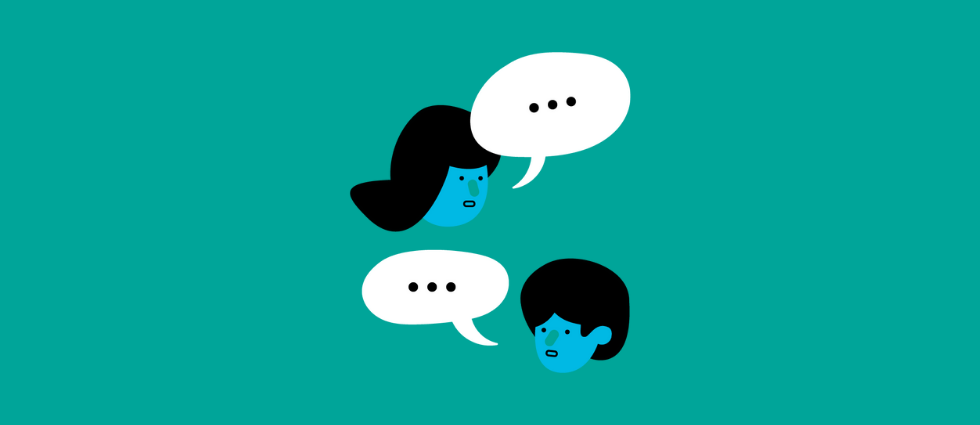
Experiencing Stigma and Discrimination
If you have experienced stigma and discrimination due to mental health problems then it's likely to have had a profound impact on your day to day life
It can be difficult to talk about your mental health when you’re struggling, and when people do speak out they often feel that they are let down and misunderstood by family, friends, health professionals and work colleagues.
While recognising that this is often unintentional, it can have a big effect on being able to deal with your illness.
Stigma, even when it’s not intended, is still stigma – it’s still hurtful, and it still has an impact.
Stigma and discrimination can make you feel like you don’t matter and it can be frustrating to think that others judge you because of a mental health. The impact that the actions and reactions of others have on an individual should not be underestimated. Stigma and discrimination can leave you feeling isolated and can affect your day to day life.
How does mental health stigma and discrimination affect people?
Stigma and discrimination relating to mental health can take lots of different forms, and affect people in different ways.
Some of the common issues that people face are:
- Difficulty in finding and keeping a job and being treated fairly in work.
- Isolation from friends, family and daily activities.
- Having your problems undermined or not taken seriously.
- Finding it harder to stay in stable long-term relationship.
- Fear to open up to professionals, family and friends about mental health problems.
- Anxiety about health due to overwhelming belief of not being listened to.
- Avoiding speaking to doctors about mental health concerns which means treatment and care is not given. This can also have a knock on effect on recovery.
- Being treated unfairly by health care professionals.
- Making excuses for not going out places due to the fear of just telling people about feeling unwell mentally.
- Low self-esteem from believing the stereotypes portrayed about mental health problems.
- Physical health can be affected too.
- Negative experiences makes it harder to ask for help.
Where does stigma and discrimination occur?
The Scottish Mental Illness Stigma Study found that people experience stigma in all areas of their lives, with the biggest impacts coming in relationships, health care and workplaces, and a high frequency of stigma in the media, and on social media.
It also found that if people experience stigma, then they anticipate facing it again, which leads to withdrawing.
Challenging mental health stigma and discrimination
 Join See Us
Join See Us

Anyone can help tackle stigma and discrimination. You can do as little or as much as you're able to and every action makes a difference.
Find Out More